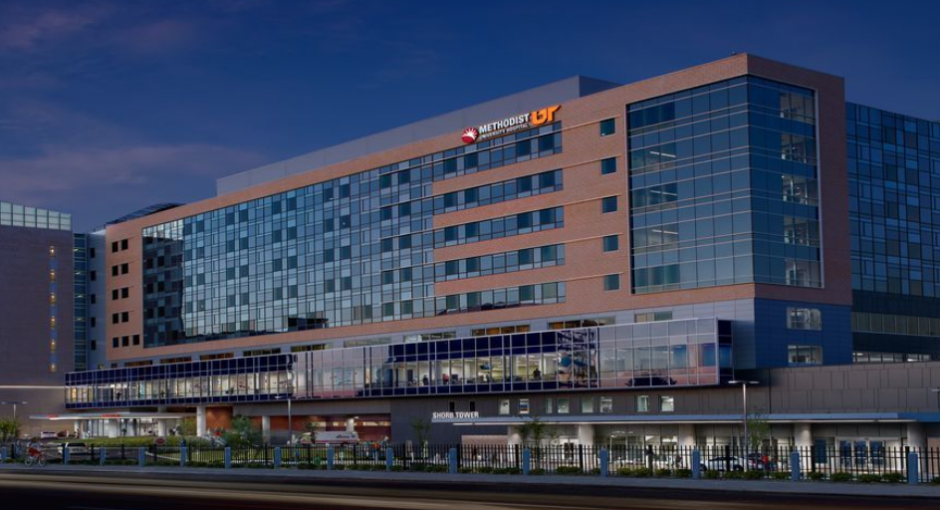A Tennessee health system last week denied U.S. Justice Department (DOJ) allegations that agreements under the system’s seven-year affiliation with a private oncology practice were “a fiction” perpetuated partially to let the system “realize profits from the 340B program.”
Methodist Le Bonheur Healthcare (MLH) in Memphis rejected DOJ’s characterization of its relationship with the West Clinic in a May 17 filing in federal district court in Nashville.
The federal government in March took over a whistleblower lawsuit that says MLH paid the West Clinic for referrals that generated tens of millions of dollars a year in profits for the health system from billings on 340B purchased drugs. MLH’s court filing last week was a paragraph-by-paragraph answer to DOJ’s April 11 legal complaint against the health system.
MLH strenuously disputes the claims against it. It says they are without merit, and that it will defend itself in court vigorously. In a statement on its website, the system said its affiliation with the West Clinic “not only succeeded in achieving superior cancer care but expanded access to services and eased cancer treatment disparities in the mid-south. Such arrangements are common; many health care systems around the country have entered into similar agreements with medical specialty practices.”
“There was no attempt by MLH to generate more patient referrals through excessive physician compensation—the payments for various services were agreed to after extensive negotiations based on the input and advice of outside experts,” the health system said.
DOJ disagrees. In its filing in the case in April, DOJ said, “By purchasing the West outpatient location, Methodist was able to bill Medicare not only for the facility and professional components of outpatient treatment but also for the chemotherapy and other drugs provided, for which Methodist could recoup a staggering discount in costs through the 340B Drug Pricing Program (“340B Program”) resulting in $50 million in profit to Methodist in one year alone.”
MLH acknowledged in last week’s court filing that it is eligible for 340B pricing, it billed Medicare and other payers for services provided at former West locations, and that its former CFO told the government that he recalled that Methodist obtained approximately $50 million in 340B program savings during the final year of the parties’ affiliation.
MLH however denied DOJ’s allegations that contracts between the health system and West Clinic “that purported to provide a lawful way for Methodist to pay West in exchange for referrals … were largely meaningless paper” that “are key to Methodist being able to bill Medicare for the outpatient services and obtain the 340B Program discounts.”
MLH said in its filing that it “did not pay West for patient referrals,” that “West performed extensive [inpatient and outpatient] management services” under affiliation agreements with MLH, that it and West “sought to improve cancer care through their affiliation,” and “the multi-agreement structure complied” with federal law.
DOJ does not allege that MLH violated the 340B statute or 340B program requirements. Neither the statute nor its regulations address how hospital covered entities may use revenue from their participation in 340B.
The lawsuit instead claims that MLH violated both the False Claims Act and the Anti-Kickback Statute. According to an April 11 news release, the government “seeks to recover hundreds of millions of dollars.” The whistleblowers would share in any recovery or settlement.


